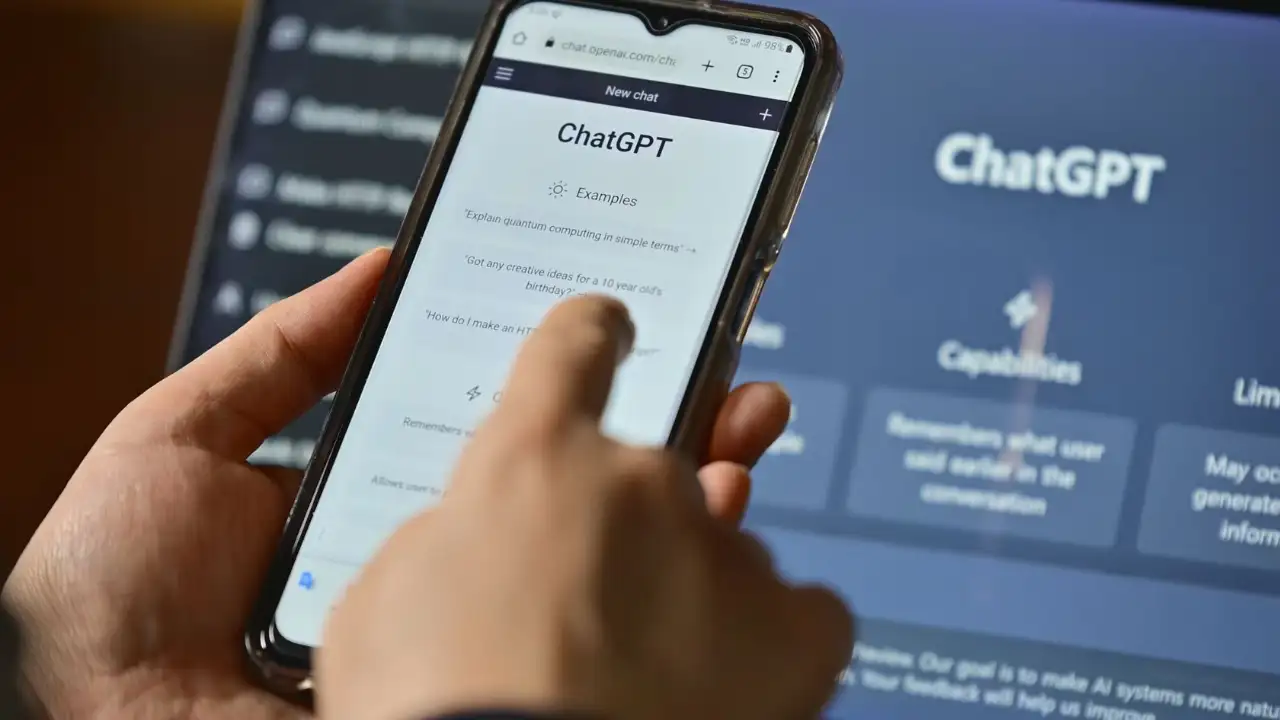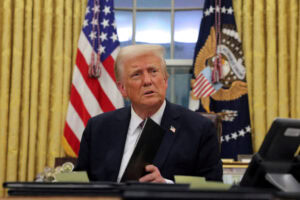Islamabad, July 28, 2025: OpenAI Chief Executive Officer, Sam Altman has revealed that ChatGPT user data privacy is currently not secured under any legal protections, meaning chats with the AI could be presented as proof in a courtroom.
Altman shared this during his appearance on the This Past Weekend podcast, hosted by comedian Theo Von.
He showed concern regarding how much private and delicate information users are inputting into the chatbot, especially youngsters who often rely on it for emotional guidance.
“People talk about the most personal shit in their lives to ChatGPT.”
“People use it, young people especially, use it as a therapist, a life coach; having these relationship problems and [asking] ‘what should I do?’” he stated.
Altman pointed out that, unlike interactions with health or legal experts, the chats users have with ChatGPT are not covered by any present-day privacy laws.
“And right now, if you talk to a therapist or a lawyer or a doctor about those problems, there’s legal privilege for it.
READ MORE: OpenAI Uncensors ChatGPT to Allow Responses to More Controversial Questions
“There’s doctor-patient confidentiality, there’s legal confidentiality, whatever.
“And we haven’t figured that out yet for when you talk to ChatGPT,” he explained.
He cautioned that this lack of clarity in the law might lead to serious outcomes. “If you go talk to ChatGPT about the most sensitive stuff and then there’s a lawsuit or whatever, we could be required to produce that.
READ MORE: OpenAI Just Dropped a Major Free ChatGPT Upgrade
“If someone confides their most personal issues to ChatGPT, and that ends up in legal proceedings, we could be compelled to hand that over. And that’s a real problem,” he warned.
The OpenAI leader stressed the urgent need to deal with this ChatGPT user data privacy loophole in AI communications.
“I think that’s very screwed up. I think we should have the same concept of privacy for your conversations with AI that we do with a therapist or whatever, and no one had to think about that even a year ago,” Altman concluded.









